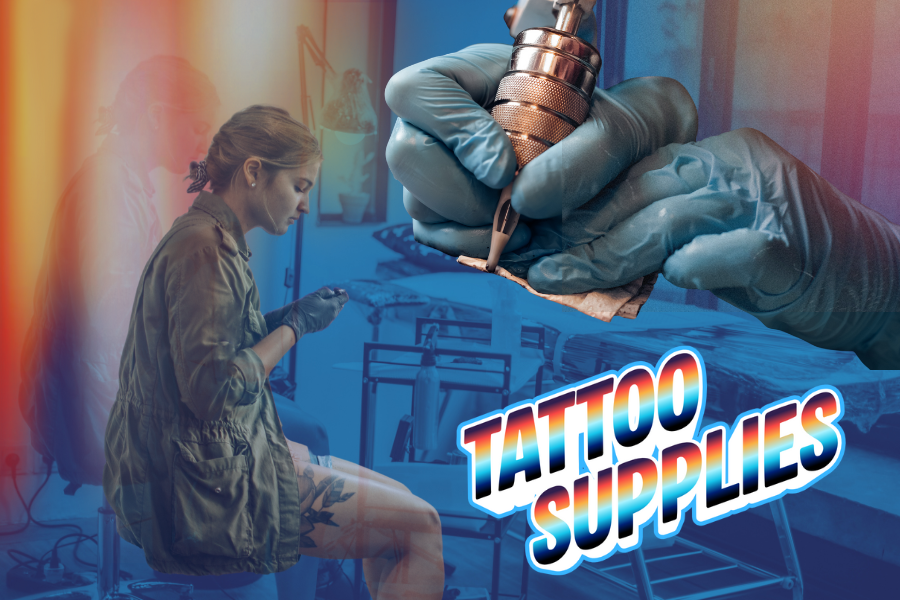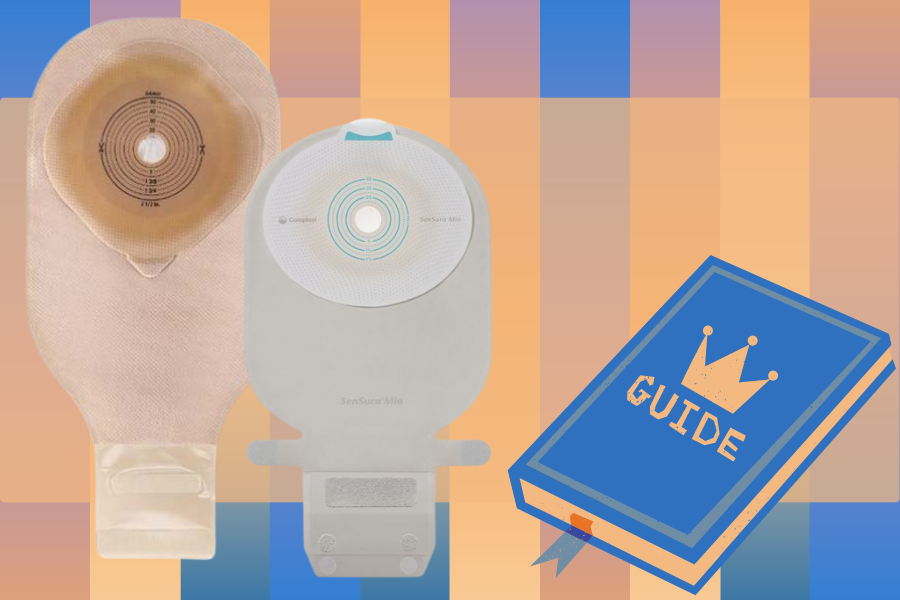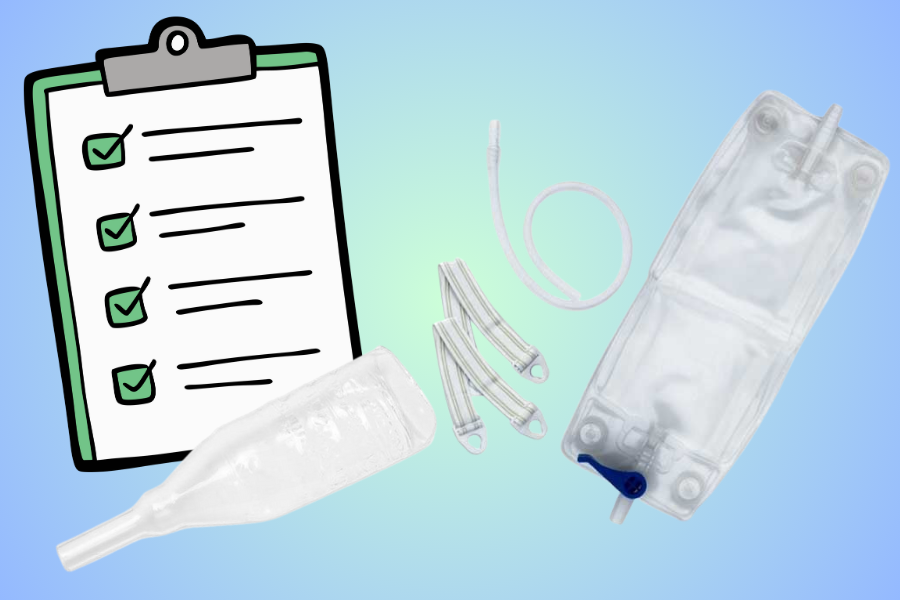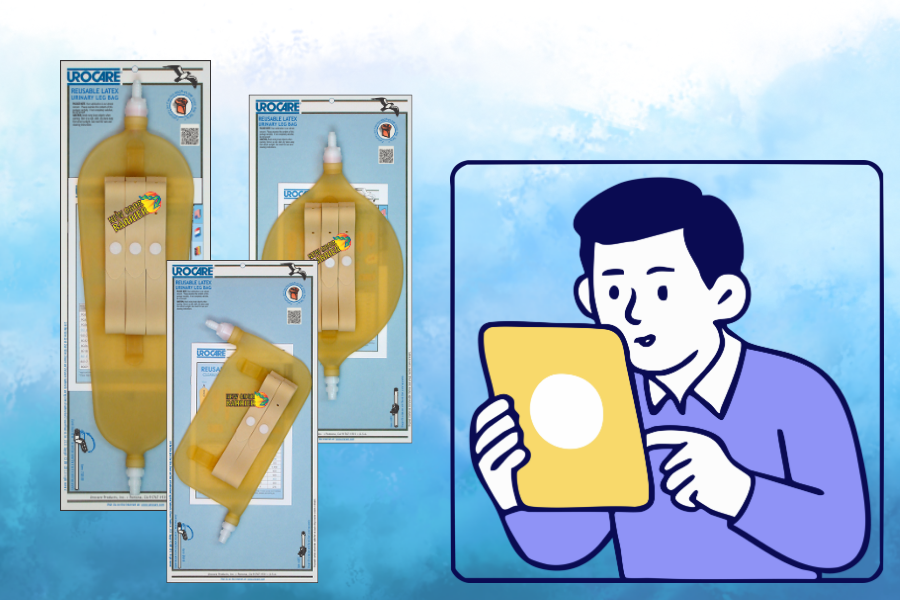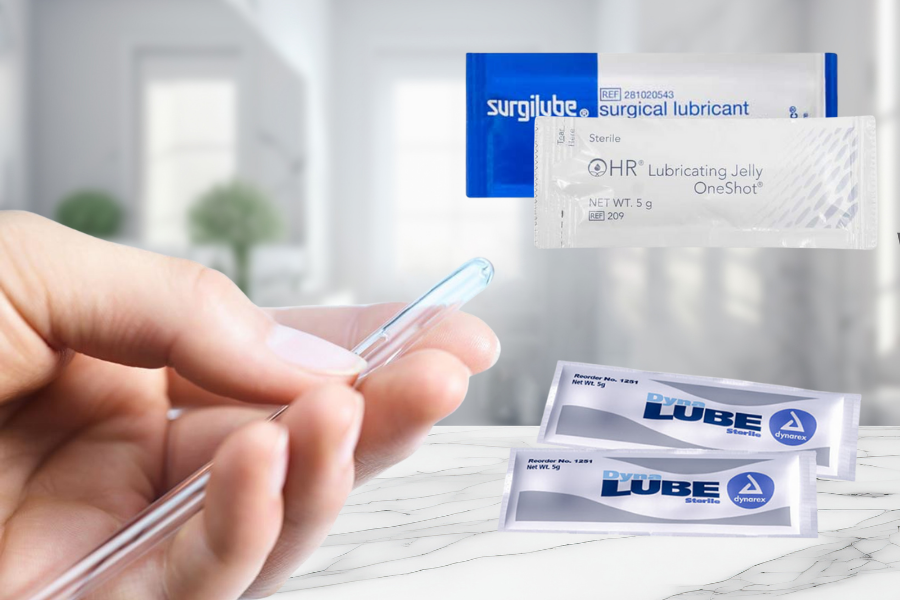What is a Sacrum Dressing?

Where is the Sacrum Area of the Body?
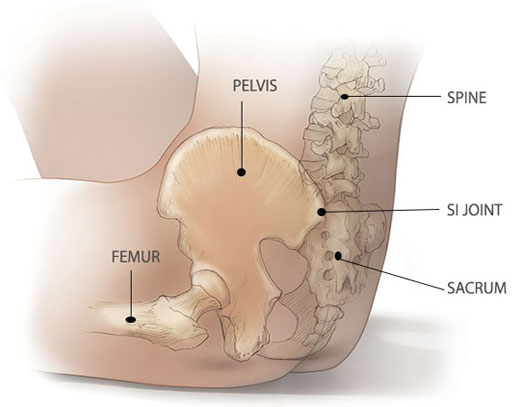
The sacrum area of the body refers to the area just above what is commonly referred to as the "tailbone", this bony area is prone to pressure wounds. Anytime you have an area of the body with the underlying bones close to the surface of the skin you run the risk of developing a pressure sore in that area. Heels, elbows, sacrum, tailbone, etc. Pressure sores are difficult to treat because in order for treatment to be successful the pressure on the area must be relieved. If the area in question is your tailbone, it is difficult to remove pressure because anytime you sit or lay on your back you are adding pressure to the area. If you are recovering from illness or if you are using a wheelchair due to a spinal injury you will be seated or laying down often. Pressure sores do not take long to form and should be avoided by careful observation of at risk areas, proper rotation of the patient, cushions that relieve pressure like ROHO air cushions, and preventive wound care like the use of sacrum dressings.
What is a Sacrum Dressing?
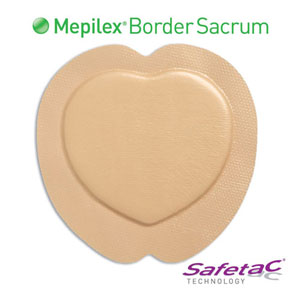 A sacrum dressing is a wound care bandage that covers the sacrum area of the body in order to help treat and prevent pressure injuries and ulcers. The sacrum dressing is shaped to fit the unique "tailbone area" of the body. Most sacrum dressings are almost heart shaped which helps provide the best cover for the sacrum area. The human body is not a series of squares and straight lines and the heart shape works best to cover the at risk areas of skin in the sacrum area. Sacrum dressings are gently padded and sloped to provide the most comfortable bandage to this area of the body.
A sacrum dressing is a wound care bandage that covers the sacrum area of the body in order to help treat and prevent pressure injuries and ulcers. The sacrum dressing is shaped to fit the unique "tailbone area" of the body. Most sacrum dressings are almost heart shaped which helps provide the best cover for the sacrum area. The human body is not a series of squares and straight lines and the heart shape works best to cover the at risk areas of skin in the sacrum area. Sacrum dressings are gently padded and sloped to provide the most comfortable bandage to this area of the body.
There are four factors that contribute to pressure ulcers. They are shear, pressure, friction, and microclimate. Sacrum dressings can help these factors by redistributing shear, reducing pressure, lowering friction, and maintaining a proper microclimate by removing wound drainage from the wound bed and allowing the wound to breathe. Sacrum dressings do help the above mentioned issues however, that does not mean you can skip other pressure ulcer prevention protocols. Sacrum dressings are one tool, they are not the only one you should use. Always speak to your doctor to build and maintain your personal pressure sore prevention plan. Your medical team will work with you to make the plan that works best for you. If you do not have a current plan and you are bed bound or if you are seated throughout the day due to spinal injury then you should speak to your medical care team to make sure you are doing everything possible to avoid pressure injury.
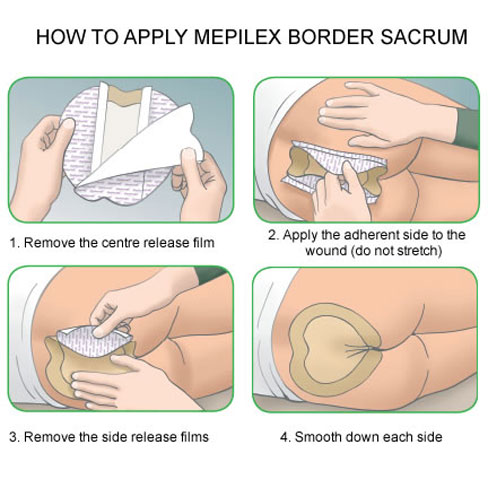
Why Use a Mepilex Border Sacrum Dressing?
- To prevent pressure ulcers from forming
- To treat already existing medium to high exuding sacral wounds like pressure injuries and ulcers
- Mepilex border combines the ability to handle and retain draining fluid so exudate is managed with less risk of maceration or skin break down.
- Mepilex uses Safetac technology which reduces pain and tissue damage during dressing changes.
- Mepilex dressings with Safetac technology do not stick to the wound bed; they seal the wound edge to prevent maceration, they don't strip skin when removed while providing an optimal wound bed for quicker healing.
- Mepilex Border Sacrum dressing is an all-in-one foam dressing for pressure ulcers and other chronic and acute wounds of the sacral area.
Are there lower cost alternatives to Mepilex Border Sacrum Dressings?
![]() DeRoyal Polyderm GTL is a silicone foam sacral dressing with an adhesive border. Polyderm GTL protects wounds while reducing the risk of pressure ulcers and pressure related injury. Its gentle material and unique heart shape make this dressing ideal for the sensitive sacral area. The dressing conforms to the sacrum tailbone area of the body and provides protection. The foam core helps to absorb fluid from draining wounds. This helps avoid skin breakdown and protects healing skin. The dressing gently tapers at the edges to prevent it from rolling up off the skin. It can also be adjusted without weakening the adhesive. The top film of the dressing is water resistant and helps to block bacteria which helps the wound stay clean and heal faster.
DeRoyal Polyderm GTL is a silicone foam sacral dressing with an adhesive border. Polyderm GTL protects wounds while reducing the risk of pressure ulcers and pressure related injury. Its gentle material and unique heart shape make this dressing ideal for the sensitive sacral area. The dressing conforms to the sacrum tailbone area of the body and provides protection. The foam core helps to absorb fluid from draining wounds. This helps avoid skin breakdown and protects healing skin. The dressing gently tapers at the edges to prevent it from rolling up off the skin. It can also be adjusted without weakening the adhesive. The top film of the dressing is water resistant and helps to block bacteria which helps the wound stay clean and heal faster.

